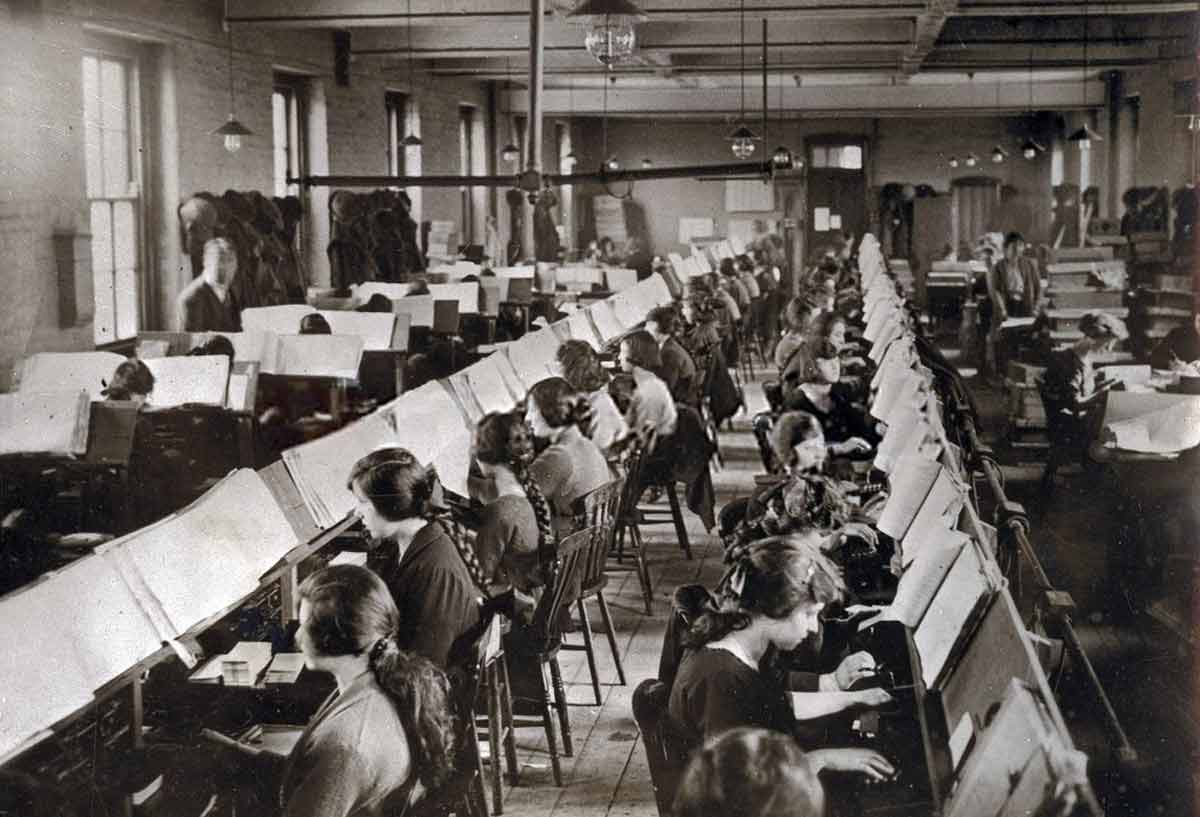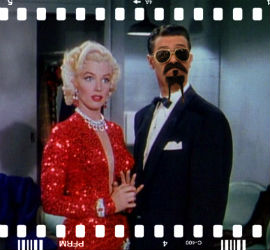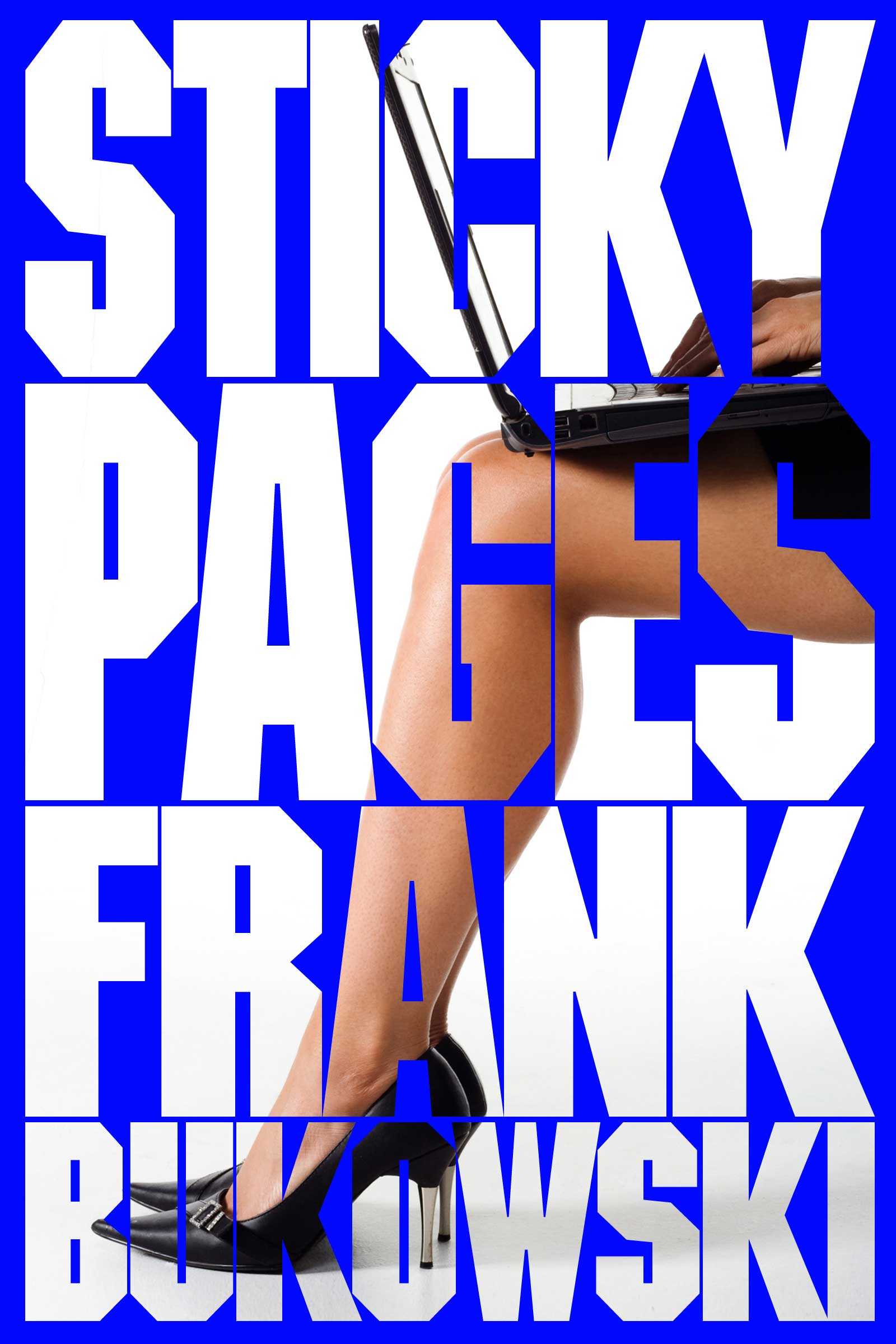
In Praise of Older Women: The Amorous Recollections of Andras Vajda.
If you only ever read two books in your life, make Stephen Vizinczey’s In Praise of Older Women one of them. I’d certainly have it up there in my top 100. This classic bildungsroman chronicles Vizinczey’s rite of passage from pre-pubescent childhood to sexual enlightenment, through the eyes of his fictional narrator, Andras. Andras’s desperation to lose his virginity, to find the girl and fall in love, is set against the backdrop of the Second World War and the post-war communist bloc. The tale skips lightly over those momentous events, whose effects on the author we can only guess at. Stephen Vizinczey was two years old when his father was topped by the Nazis. Two decades later his uncle was whacked by the communists. Vizinczey fought in the abortive Hungarian Revolution of 1956 before being forced to flee as a refugee. Starts don’t come much tougher. After a spell in Italy Vizinczey ended up in Canada, where he gave up his job as a hack writer to publish this, his first novel, in 1965.
Andras, Vizinczey’s alter ego, plays down his harrowing childhood as though describing a series of days out in a city park. Never once does the tone descend into self-pity or get in the way of chronicling his journey from puberty to manhood. Much of his education he receives at the hands of older women, as the book’s title and dedication page suggests: “This book is addressed to young men and dedicated to older women – and the connection between the two is my proposition.” Like a Twentieth-Century Don Quixote, Andras meets each sexual rebuff, each personal humiliation, each fucked up relationship with a philosophical shrug before riding off to tilt his lance at some other woman, a little wiser if sadder for the experience.
Each chapter of this short novel is a mini parable about the war of love and sex that men and women wage. Lessons are hard learned, often repeated. Reading it felt like leafing through one’s teenage diaries in old age, wincing at every naïve, stupid thing you’d ever done or said.
As a Hungarian writing in English, Vizinczey writes with a lucidity and economy of prose that puts most native English writers to shame. For one so wise you won’t find a shred of ego in this modest little book. Only fun poked at himself, and by extension at all men and women, for the fools that love makes of us all. Vizinczey also manages to write about sex with more class than most writers acquire in a lifetime. Described as one of ‘those foreigners who handle English in a way to make a native Anglophile pale with jealousy’, Anthony Burgess once said of him, ‘he can teach the English how to write English’.
A perfect example is a scene where Andras is left frustrated after necking a girl in the Budapest University library. Andras describes the event as stirring up an ocean of longing in him, setting off a storm that causes him to masturbate at his reading table. Afterwards he reflects sadly, “Of all the children I might have had, few could have been as full of life as the one I should have fathered at that instant.” What a line.
Many of the lovers’ partings in this book trawled up the face of some girl from my own past, bringing back memories I had thought long buried. Reading it I experienced a melancholy nostalgia for lost youth, for all the loves I’d lost along the way, whose faces reappeared like pages from a fading photo album.
One of the more sobering take-outs from the novel is the idea that true love, til death us do part, is beyond most men and women. That, in fact, trying to live up to the ideal of sexual fidelity is what often causes so much unhappiness in life. When relationships break up, we label ourselves failures at love. When marriages go sour we think there’s something wrong with us. “This idea,” says Andras, late on in the book, “that you can only love one person, is the reason why most people live in confusion.” Like Andras, I wish someone had told me that thirty years ago. For much of the book the young narrator is genuinely in love with the idea of being in love. But by the end the message is clear, while a lucky few may find their soul-mate in life, most relationships will bloom and perish like passing flowers. As Andras himself put it:
“As love is an emotional glimpse of eternity, one can’t help half-believing that genuine love will last forever. When it would not, as in my case it never did, I couldn’t escape a sense of guilt about my inability to feel true and lasting emotions… In this I’m like most of my sceptical contemporaries… We think of ourselves as failures, rather than renounce our belief in the possibility of perfection. We hang on to the hope of eternal love by denying even its temporary validity. It’s less painful to think ‘I’m shallow’, ‘She’s self-centred’, ‘We couldn’t communicate’, ‘It was all just physical’, than to accept the simple fact that love is a passing sensation, for reasons beyond our control and even beyond our personalities. But who can reassure himself with his own rationalizations? No argument can fill the void of a dead feeling – that reminder of the ultimate void, our final inconstancy. We’re untrue even to life.”
This is without doubt one of the wisest books I’ve read in a long time. There’s a disarming modesty in the narrator’s voice that invests Vizinczey’s prose with a rare humanity, often lacking in flashier writers. A humanity hard won from a lifetime of being slugged on the chin by life, and whittled away at like a stick, by a succession of ill-fated relationships with women, from the flirtatious to the frigid, the prick-teaser to the femme fatale. Reading the novel was for me, as I suspect it will be for many, like looking into a mirror of our own experience. Surely the test of any great book.
Vizinczey’s gentle, wise, self-effacing humour is nowhere better personified than in the introspective reflections of Andras, which leaven this hilarious book throughout. “Later that afternoon – I’d felt it coming on for days – I came down with a severe case of self-pity. I’ve been periodically subjected to this illness ever since childhood – in fact, I never recovered from it completely, only learned to live with it. However, this time the attack was more violent than ever before.”
I feel almost embarrassed to have been ignorant of Stephen Vizinczey for most of my life. I must have devoured a trillion books over the years. It certainly feels like it. Only a slam dunk few made it through to my bookshelves today. But I also keep a special shelf, reserved for those wonderful books I’d take with me to a desert island. Old flames I never tire of meeting up with. Settling down into an armchair with one is like listening to an old friend whose conversation I never tire of, whose humour never fails, whose wisdom leaves me feeling I’ve found a ten pound note on the pavement. Discovering Vizinczey was like finding a new wine and wanting to go out and buy a whole case. I have since ordered two of Vizinczey’s other titles, An Innocent Millionaire, and Truth and Lies in Literature. I can only recommend to lovers of literature everywhere that you go out and do the same.
I’ll end with a book-jacket quote from Patrick Kielty, which sums up the book nicely: “A total revelation… a masterclass in the politics of men and women… truthful, erotic and uplifting… joyful… an essential handbook for the modern man. One day sex itself may be this good.”


 by
by 











 Frankflash! Last weekend I put out my second ebook, a 15,500 word novelette called
Frankflash! Last weekend I put out my second ebook, a 15,500 word novelette called